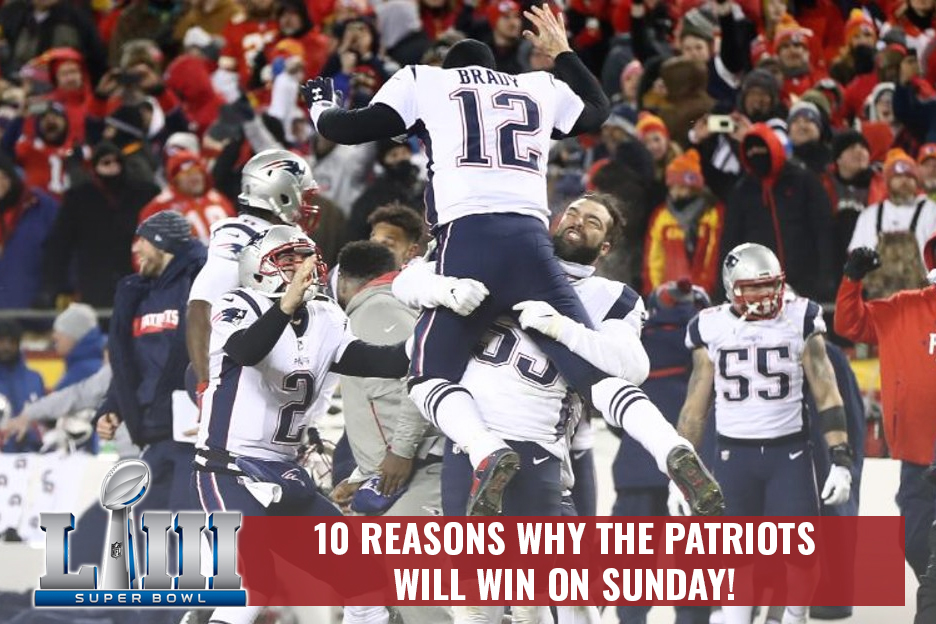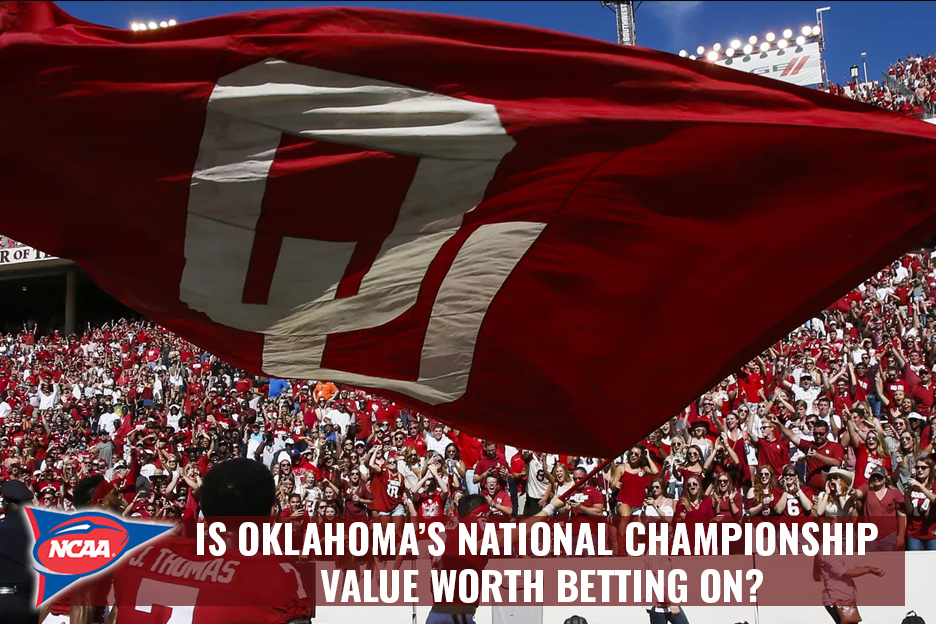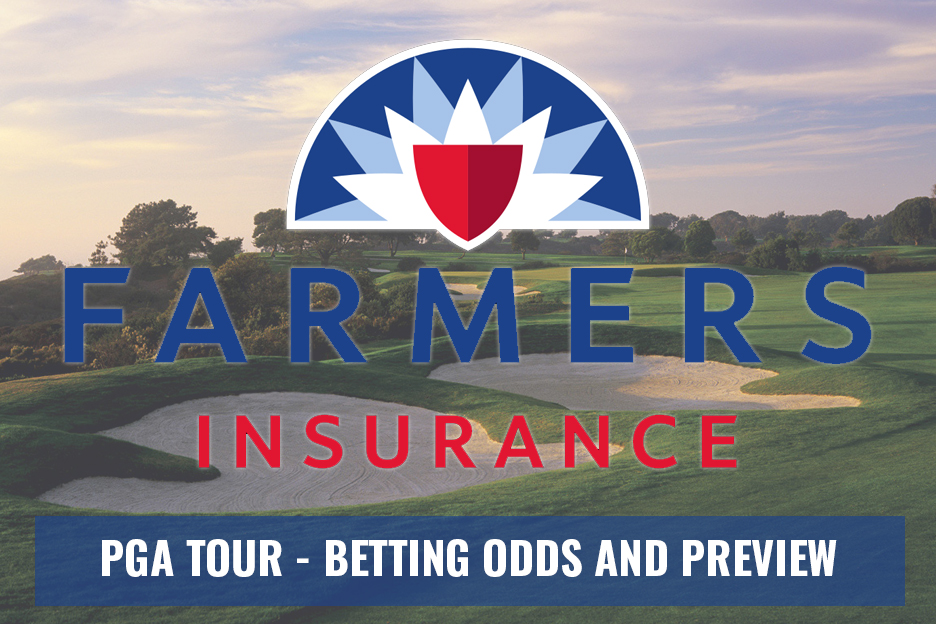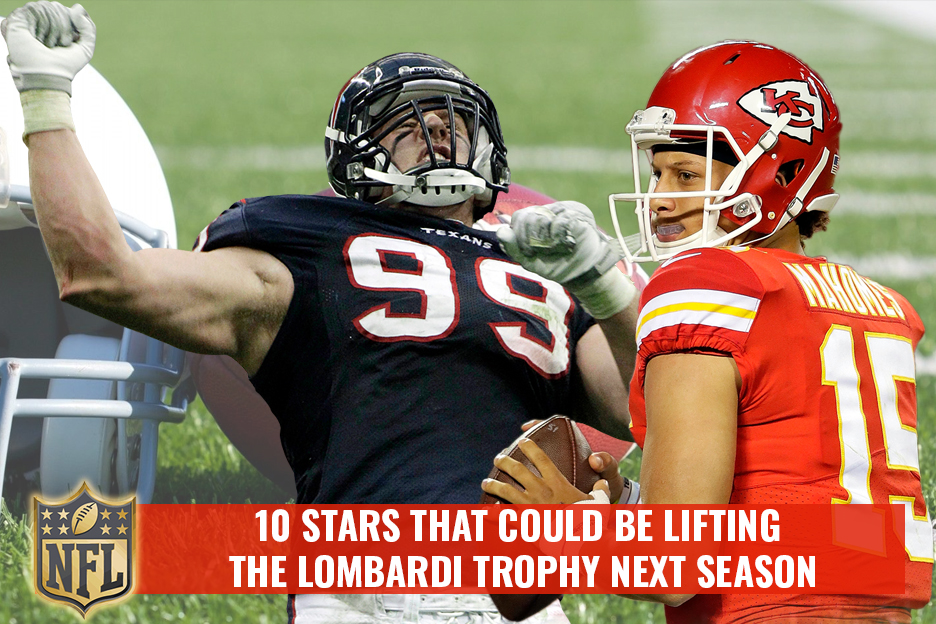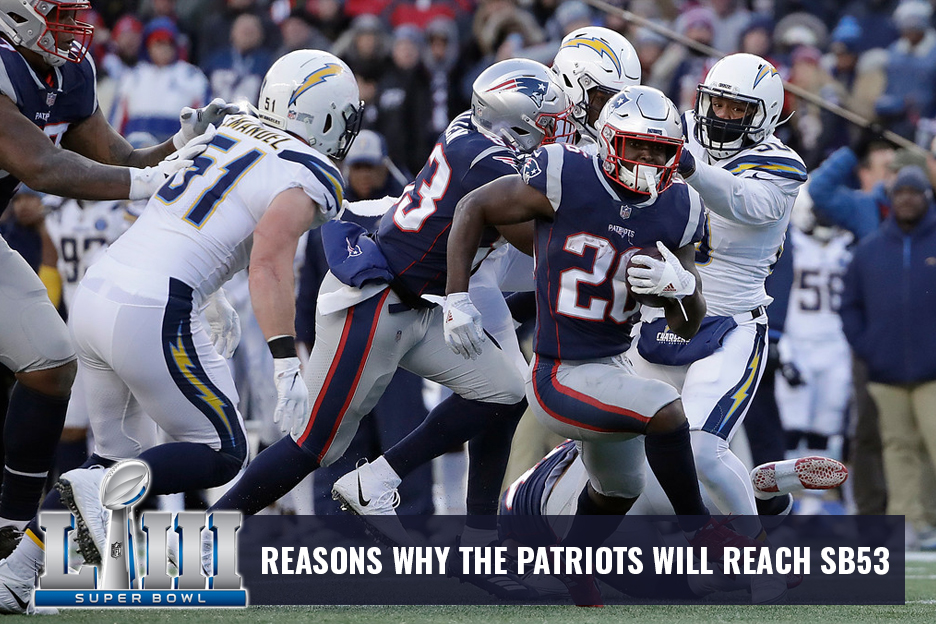

Posted in: General
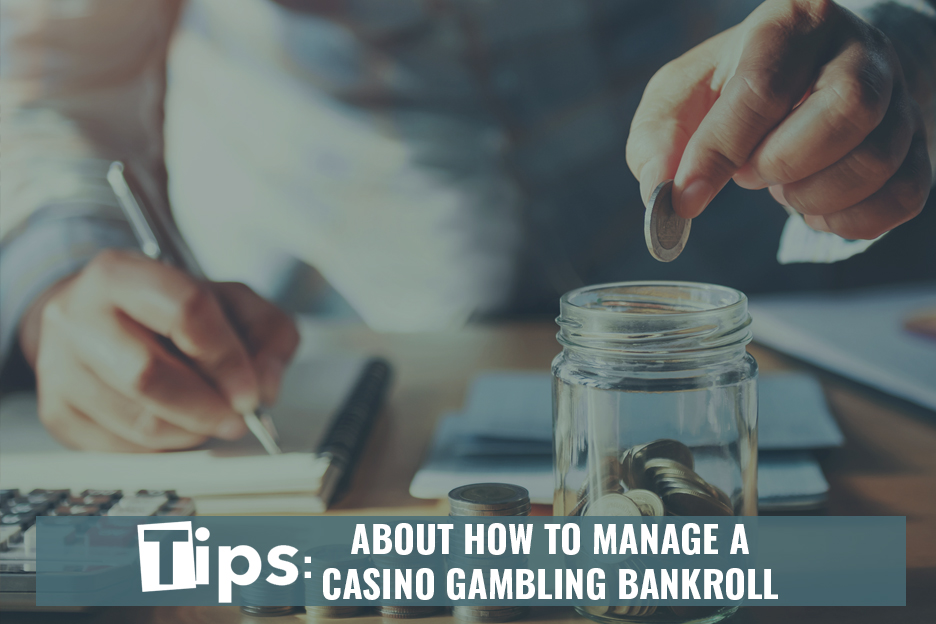
Not every casino gambler means the same thing when he talks about “money management.” At its most basic, money management involves making and sticking with a budget when it comes to your gambling. That’s a worthwhile endeavor for any casino gambler. Ask anyone who went without food waiting for his flight back home because he wasted the last of his money on a slot machine instead of a sandwich.
Some gamblers use money management to refer to their system for placing bets in hopes of maximizing their wins and minimizing their losses. For the most part, these kinds of money management strategies involve having a win goal and a stop loss limit. A win goal is an amount that you’ve won that will signal that it’s time to quit. A stop loss limit is the same thing, but it’s an amount that, when you’ve lost it, signals quitting time.
The problem with this kind of thinking is that sometimes (often) gamblers think this approach will help them “beat the odds.” The probabilities and house edge for casino games don’t change based on having a stop loss limit or a win goal, though. Your odds of being a winner are still about the same, regardless of your money management techniques.
On the other hand, some money management approaches might have a lot of use, depending on your goals. For example, if your goal is to minimize your risk and double your money, placing a single even-money bet at the roulette table is probably your best bet. But if your goal is to win by getting an edge over the house when counting cards, you’ll need an entirely different approach.
I’ll discuss all aspects of money management for casino gamblers below:
There are 2 inviolable rules for budgeting your casino gambling money:
Here’s the thing about casino games:
They all have a house edge. This means that mathematically speaking, the casinos can’t lose in the long run. That’s because the games don’t pay out at the same odds of winning. If a bet pays off at even money, you can count on the probability of winning being less than 50%.
I’ll talk more about the house edge in the next section, but here’s what it means to the gambler trying to budget his money—you’re probably going to lose.
In fact, even if you’re an advantage gambler, like a professional card counter, you have a possibility of losing. Gambling is based on random chance, after all. And when dealing with random events, in the short run, anything can happen.
It’s possible for really bad blackjack players to go on winning streaks you couldn’t imagine. It’s just as possible really skilled blackjack players to go on losing streaks you couldn’t imagine, too.
So if you haven’t paid the rent, if you’re behind on the child support, if you don’t have enough life insurance… you don’t have enough money to go to the casino and gamble.
This rule needs to be ironclad for you. Never violate it.
You know who violates this rule?
Gambling addicts, that’s who.
People with poor judgment do, too.
Casinos look at 3 big metrics when it comes to their games:
The payback percentage is a metric used when talking about gambling machines. It’s just the mathematically expected payout for the amount you wager, expressed as a percentage. The payback percentage for a slot machine is always less than 100%.
The house edge is the flip side of the payback percentage coin. It’s usually used when talking about table games, though. If a slot machine game has a payback percentage of 92%, the house edge for that machine is 8%. That’s the amount the casino mathematically expects to win on a certain amount of action.
In the slot machine example above, the house kept $80 of the $1000 in wagers that the player made. That’s 8% of the action.
The games attain this by having payouts which aren’t commensurate with the odds of winning the bet. Here’s an example:
In craps, you can place a bet on “any craps.” This is a bet that the shooter will roll a 2, 3, or 12 on the next roll.
There are 4 possible combinations that will result in a 2, 3, or 12:
There are 36 total possible combinations, though, so the odds of winning are 32 to 4. You can reduce that to 8 to 1 odds.
The payoff for this bet is 7 to 1.
Assume you place 9 bets of $100 each on the “any craps” bet. Now assume you get mathematically perfect results.
You’ll lose 8 bets at $100 each, for total losses of $800. You’ll win one bet for $700, so you’ll have a net loss of $100.
The house edge is on a per-bet basis, so you want to know the average loss per bet. If you lose $100 on 9 bets, you’ve lost an average of $11.11 on each bet. Since $11.11 is 11.11% of $100, we know that this is the house edge for this specific craps bet.
If the bet paid off 8 to 1, by the way, the house edge would be 0%. It would be a break-even game in the long run.
But once the casino knows the house edge, they can predict how much money a gambler will lose in a certain amount of time playing a game. They only need to know how many bets per hour you’re placing and the average size of those bets.
Let’s assume you’re betting $6 per spin on that slot machine we already discussed (the one with the 92% payback percentage.) Let’s also assume you’re a slow player who’s taking your time. You’re only making 300 spins per hour.
That’s $1800 per hour that you’re betting. If the casino expects to win 8% of that, their expected hourly win rate is $144.
How does this inform your money management strategy?
If you sit down at the slot machine we’ve been describing with $30 (which is only 5 bets, by the way), you can’t expect to play for long before losing your money.
On the other hand, if you sit down with $600, you might expect to last for 3 or 4 hours before going broke.
The “magic” of money management that some gambling hucksters try to sell is the idea of a win goal and a loss limit. These are arbitrary amounts of money won or lose that signal you to walk away from the game. These are often expressed as a percentage of your total bankroll.
I read one awful book of slot machine strategies that suggested having a loss limit of 20% and a win goal of 20%. If you sit down at a slot machine with a $100 bankroll for the session, you’re supposed to quit when your bankroll hits $80 or $120, whichever comes first.
The idea is to split your bankroll into smaller bankrolls, then use the magic of the short-term to occasionally walk away from a game the winner.
This is fallacious reasoning, though, because the house’s mathematical edge is a constant. It doesn’t go up and down based on how soon you quit or how late you continue to play. As far as the gods of math are concerned, you’re just playing one lifelong session. How you divide that session up into mini-sessions is of no interest to your long-term prospects.
I have friends like that, by the way. I know one guy who hits the casinos in Oklahoma at least once a week, and he always plays until he runs out of money. I’ve never seen him book a single winning session.
It would be nice, if you’re going to gamble in a casino, to go home winners at least once in a while.
Having a win goal is one way to make sure that happens at least once in a while. After all, it’s unlikely in the extreme that you’ll never get ahead during a session. If it were, no one would ever play a casino game at all.
What if your goal is to double your money?
What’s the way to do that with the highest probability of success?
I suggest placing one large bet on an even-money proposition. In fact, probably your best shot is at roulette, especially if you can find a European roulette wheel—that’s a wheel which only has a single zero. You can bet on black for even money, or red, or odd, or even… it doesn’t matter. The probability for all the even bets is the same.
To determine the probability that something will happen, you divide the number of ways that event can happen by the total number of possible events.
On a European roulette wheel, you have 37 total possible events—37 numbers where the ball can land. 18 of those numbers are black. 18 of them are red. 18 of them are odd. And so on.
Any of those bets pay off at even money.
But the probability of winning that bet is 18/37, or 48.65%.
Having a probability of 48.65% of doubling your money isn’t bad in a casino. That’s better than your probability of winning a hand of blackjack, in fact.
And it’s far better than the probability if you divided your bankroll into 2 or some other number and tried to double your money.
Here’s why:
If you sit down with $100 and want to win $100, you have multiple possible strategies:
And so on.
But the probability of winning 2 bets in a row is much lower than the probability of winning a single bet. That’s because when you calculate the probability of event A AND event B occurring, you multiply them by each other.
In this case, the probability of winning 2 bets in a row is 48.65% X 48.65%, or 23.67%. That makes sense if you think about the possible outcomes:
And the probability gets lower the more bets in a row you try to win.
This holds true for any bet where the house has the edge. The more bets you place, the less likely you are to double your money. Placing one big bet is the boldest move you can make, so it’s the most effective way to double your money in a casino.
Suppose, on the other hand, you’re a card counter in blackjack. You have an edge over the casino. In this case, if you bet all your money on a single hand, you’ve increased the probability you’ll go broke significantly. And that can happen in the short run, easily—even if the deck is in your favor.
Your goal in a game where you have an edge is to mimic the casino’s strategy. Play for relatively low stakes compared to your bankroll. This will minimize your probability of going broke before your mathematical edge kicks in.
The thing about a mathematical edge is that it doesn’t matter much in the short run. Think about it. If you have a 1% edge at blackjack, and you place a single $100 bet, it’s impossible for you to win the expected amount ($1). You can lose $100, or you can win $100. You could even win $150 if you got a blackjack. If you double or split your bet, your winnings might be even higher.
The house edge is an average over the long run. The law of large numbers suggests that the more bets you make, the closer your actual results will get to your expected results. You just have to avoid going broke in the short run before that happens.
To survive that long, you need enough money. Advantage gamblers make decisions about how big a bankroll they need by looking at a mathematical concept called “risk of ruin.” This is the probability that you’ll go broke early even if you have an edge.
Your risk of ruin is measured as a percentage, too. It goes down the bigger your bankroll is. For example, if you’re playing for $10 per hand, and you have a bankroll of $10,000, your risk of ruin might be 1%. But if your bankroll is only $4000, your risk of ruin might be 10%.
You should decide between a minimum boldness and a maximum boldness strategy based on whether you have a mathematical edge.
Most people associate the state of being on tilt with poker players.
But casino gamblers can go on tilt, too.
“Tilt” is a mental state of anger and frustration that translates into making irrational betting decisions you wouldn’t otherwise make. For example, if you’re frustrated because you’ve been running bad at the blackjack tables, you might double the size of your bets to try to catch up. Or you might deviate from basic strategy, since you’ve been losing consistently even when making the right decisions repeatedly.
Part of this is just bad decision-making, but sometimes it’s also the gambler’s fallacy in action. The gambler’s fallacy is a faulty premise that suggests the odds must eventually turn around so that the expected results become more likely.
But the odds don’t change from bet to bet based on what happened on your previous bet. The roulette wheel still has 37 or 38 numbers, and the probability of hitting a single number is still 36 to 1 or 37 to 1. And that bet still pays off at 35 to 1. Raising the sizes of your bets because you’ve been losing doesn’t help.
Casino gambling is, for the most part, a losing proposition. The only thing it has going for it is its entertainment value. If you’re mad, you’re not enjoying yourself.
Don’t gamble when you’re not enjoying yourself.
That’s what gambling addicts do.
If you think you have a problem with gambling, I suggest seeing a mental health professional IMMEDIATELY. The longer you put this off, the more likely it is that you’ll lose some money that might ruin your life. I’ve known some gambling addicts in my life, and it’s an ugly disease.
Get help. Don’t ruin your life.
If you’re absolutely opposed to getting help from a mental health professional, consider visiting a Gamblers Anonymous meeting.
The ONLY money management technique that works for a compulsive gambler is absolute abstinence. And to achieve that, you’re going to have to admit you need help.
Money management in casino gambling will only get you so far. It won’t get you an edge over the casino, but without proper money management, an edge won’t matter anyway. In fact, some of what’s been suggested about money management techniques in casino gambling is just flat wrong-headed.
If you are playing a game where the casino has an edge, consider making a smaller number of larger bets instead of a larger number of smaller bets. The more bets you place on a negative expectation game, the more likely you are to walk away a loser.
And please don’t ruin your life by continuing to gamble if you have a gambling problem. There’s no upside to that.
